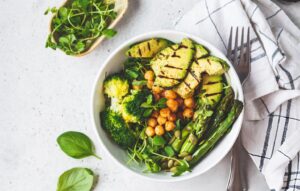
Collagen is an essential protein that the body uses for various purposes that contribute to good health. It makes up 40% of our protein and creates most tissues, including skin, bones, tendons, and ligaments. Collagen production decreases with age, causing noticeable indications of aging. To improve external outcomes, new anti-wrinkle medications are targeting the stomach lining. Eating minerals, vitamins, and amino acids that support collagen production may raise collagen (Tang et al., 2022).
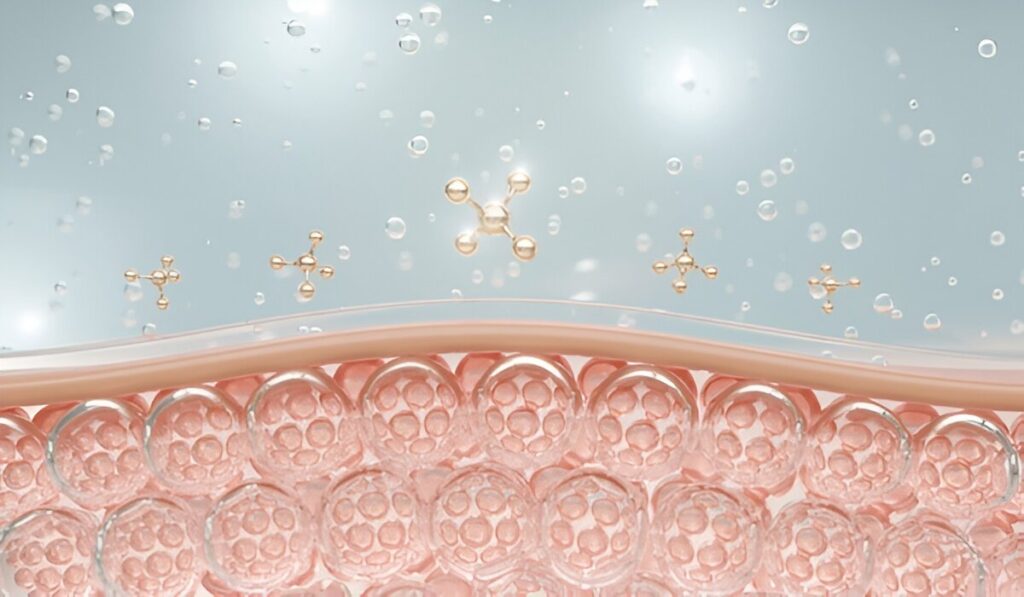
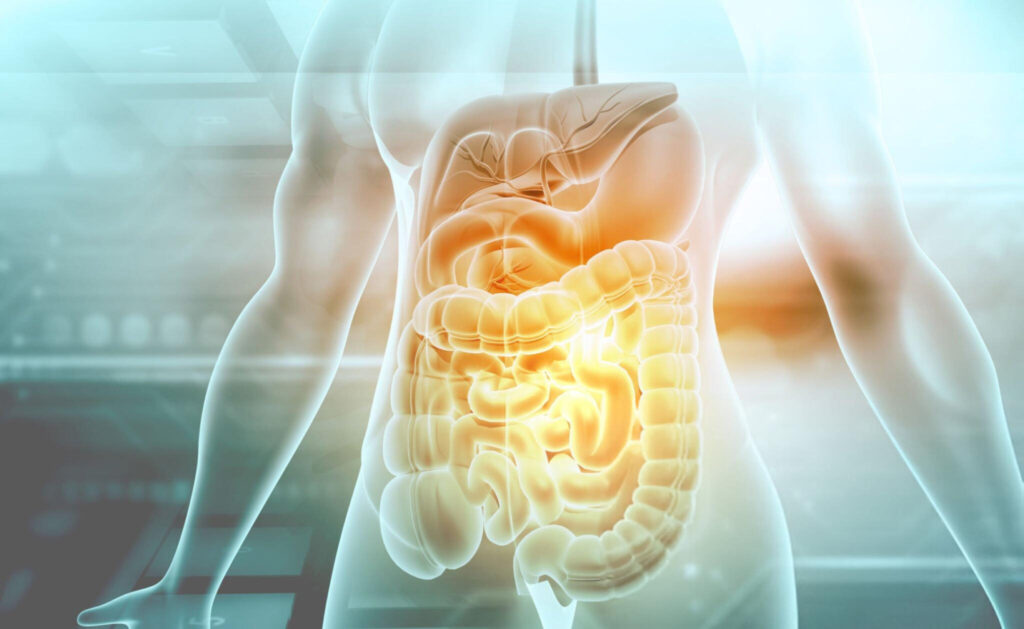
Collagen, a vital skin component, provides strength, flexibility, and moisture. Wrinkles and drooping skin are signs of aging caused by a decline in collagen synthesis. Collagen also helps make bones strong and flexible.
When it comes to mending wounds, collagen is king. A speedier recovery with less scarring is possible since it aids in forming new tissue.
It helps keep hair and nails healthy and strong, warding against dryness and encouraging new growth.
It helps keep the lining of the digestive system in place, which may help with disorders like leaky gut syndrome.

It may aid in preserving muscle mass, which is especially important as we age because it is an integral aspect of muscular tissue.
Collagen increases skin moisture and suppleness, helping to give people a more radiant and younger look. For this reason, it is often used in cosmetics.
Sufficient collagen levels aid in general well-being by sustaining the framework of the body’s organs and tissues (Lo & Fauzi, 2021).
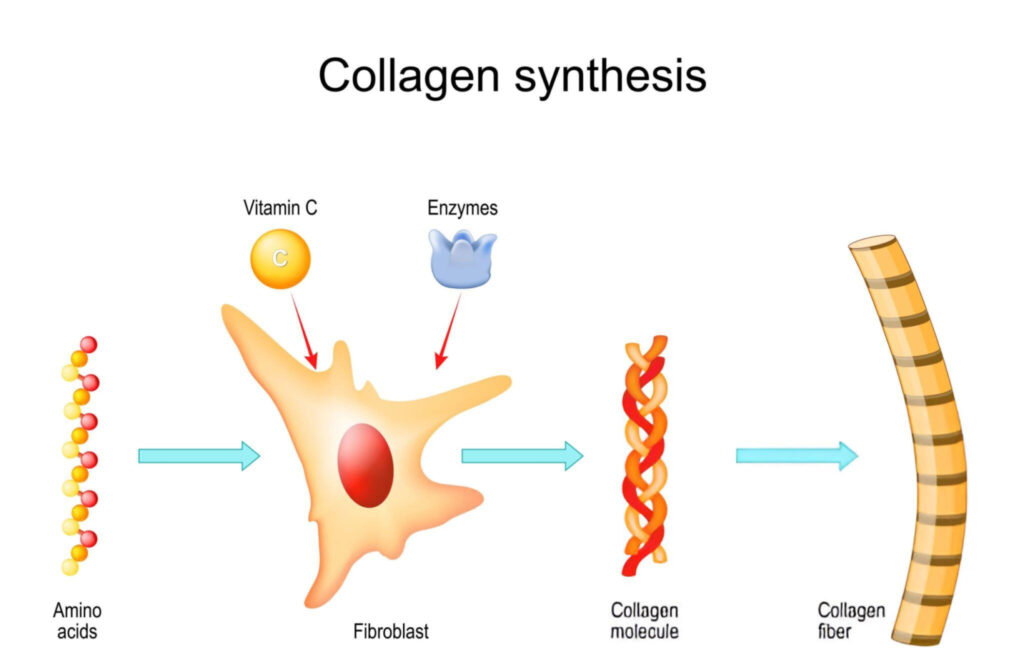
Collagen synthesis in the body heavily relies on specific vitamins and minerals, which work together to promote the synthesis of this vital protein. Vitamin C is one of the most important vitamins because it directly participates in collagen synthesis by maintaining the collagen structure and promoting the hydroxylation of amino acids such as proline and lysine, which are required for collagen formation. Vitamin A also significantly stimulates cell development and skin health, promoting collagen synthesis and wound healing. Vitamin E is an antioxidant that helps protect collagen fibers from oxidative harm while ensuring the skin remains elastic. Vital minerals like zinc and copper are also essential. Zinc promotes enzyme functions necessary for collagen production. It also helps to prevent its degeneration, while copper aids in the formation of cross-links among collagen and elastin, improving skin firmness and elasticity. Silicon is also involved in collagen formation, which helps to maintain the structural integrity of skin and joints. These vitamins and minerals provide an ideal environment for collagen formation, resulting in healthy skin, bones, and connective tissue.
In addition to the vitamins and minerals required for collagen synthesis, several additional nutrients help to boost collagen production and safeguard its structure. Proline and glycine are critical amino acids in high amounts inside collagen and are essential for forming strong collagen fibers. These amino acids are prevalent in protein-rich meals, including meat, eggs, and broth from bones. Omega-3 fatty acids, although not directly involved in collagen formation, do serve a vital function in decreasing inflammation and preserving existing collagen from breakdown. These fatty acids, found in fatty fish, flaxseeds, and walnuts, also aid in keeping skin hydrated and elastic, essential for youthful-looking skin (Weyh et al., 2022).
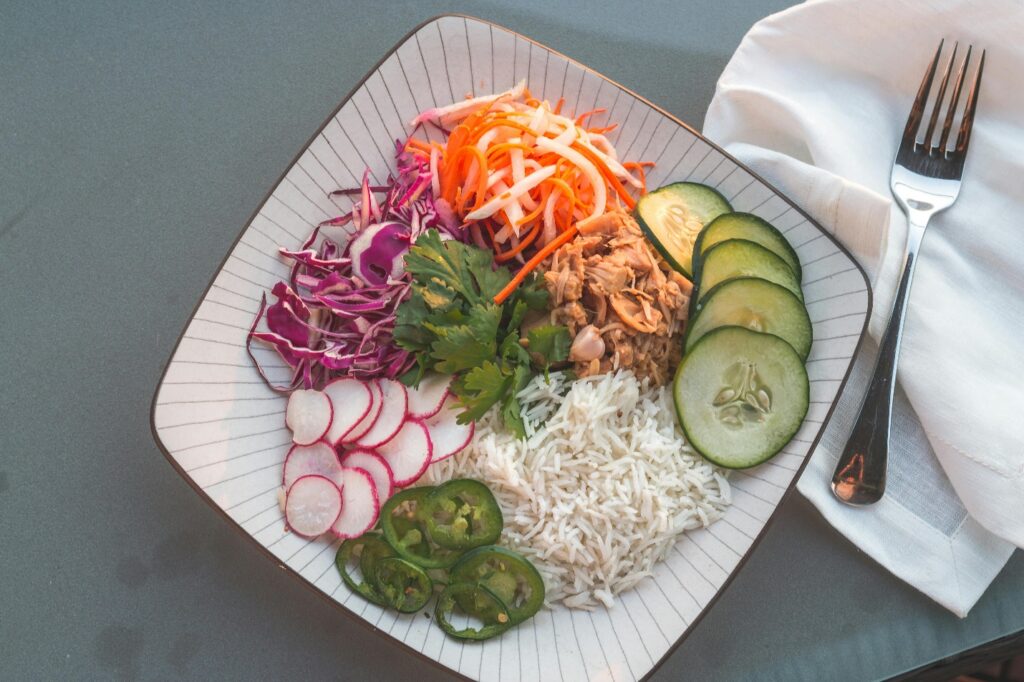
Moreover, sulfur is another mineral that indirectly supports collagen synthesis by aiding in the production of glutathione, a potent antioxidant that protects cells, including those involved in collagen production, from oxidative stress. Although required in trace amounts, Manganese contributes to the activation of enzymes necessary for the formation of collagen and connective tissue. Ensuring an adequate intake of these vitamins, minerals, and amino acids through a balanced diet or supplementation, if needed, can significantly enhance the body’s ability to produce and maintain healthy collagen levels, thereby promoting overall skin, joint, and tissue health as you age. This holistic approach ensures that all collagen synthesis and maintenance aspects are supported, leading to better long-term outcomes for the skin and connective tissues.(Geissler & Powers, 2023).
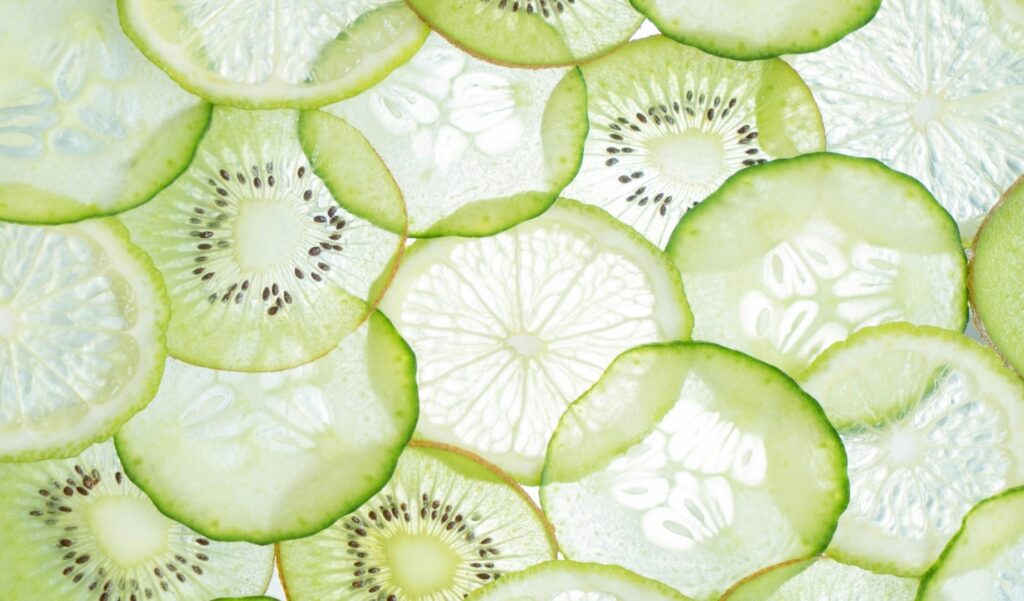
Preparing food at high temperatures (e.g., frying, grilling, broiling) may break down meal collagen. Denaturation modifies the protein structure, making it less advantageous for collagen ingestion. High heat may also cause the production of AGEs (Advanced Glycation end products), which are chemicals formed when carbohydrates bond to proteins such as collagen. AGEs make collagen in a diet less accessible and more difficult for the body to utilize. Slow cooking techniques such as braising or boiling may induce collagen to degrade into gelatin, which is good for health. However, prolonged high-temperature cooking may destroy collagen and lower its nutritional value.
Understand that various oils have varying smoke points (burning points). Burned cooking oil is unfit for ingestion. Use stable oils for high-temperature cooking. Saturated coconut oil, monounsaturated avocado, and extra virgin olive oil are safe for high-temperature cooking (Foo et al., 2021).

The book “1 Week Recipes with Grocery List to Boost Your Collagen” by Ellen Peeters is an excellent resource that will help you on your path to improved health and increased collagen production. This cookbook provides an assortment of simple dishes devoid of sugar, gluten, and dairy. With this ideal guide, the body can be fueled while enjoying great meals, focusing on necessary vitamins, minerals, and pesticide-free products.
Ali, S., Ullah, M. I., Sajjad, A., Shakeel, Q., & Hussain, A. (2021). Environmental and health effects of pesticide residues. Sustainable Agriculture Reviews 48: Pesticide Occurrence, Analysis and Remediation Vol. 2 Analysis, 311-336.
Foo, W. H., Chia, W. Y., Tang, D. Y. Y., Koay, S. S. N., Lim, S. S., & Chew, K. W. (2021). The conundrum of waste cooking oil: Transforming hazard into energy. Journal of hazardous materials, 417, 126129.
Geissler, C., & Powers, H. J. (2023). Human nutrition. Oxford University Press.
Hoque, M., Emon, K., Malo, P. C., Hossain, M. H., Tannu, S. I., & Roshed, M. M. (2023). Comprehensive guide to vitamin and mineral sources with their requirements. Indiana Journal of Agriculture and Life Sciences, 3(6), 23-31.
Lall, S. P. (2022). The minerals. In Fish Nutrition (pp. 469-554). Elsevier.
Lo, S., & Fauzi, M. B. (2021). Current update of collagen nanomaterials—fabrication, characterisation and its applications: A review. Pharmaceutics, 13(3), 316.
Tang, C., Zhou, K., Zhu, Y., Zhang, W., Xie, Y., Wang, Z.,…Xu, B. (2022). Collagen and its derivatives: From structure and properties to their applications in food industry. Food Hydrocolloids, 131, 107748.
Weyh, C., Krüger, K., Peeling, P., & Castell, L. (2022). The role of minerals in the optimal functioning of the immune system. Nutrients, 14(3), 644.